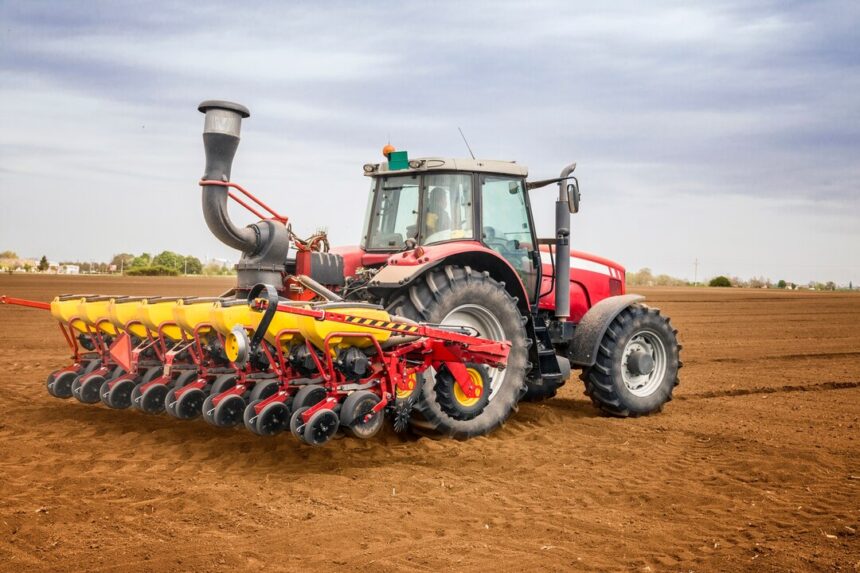For small-scale farmers, efficient and reliable farm equipment is essential for maintaining productivity and maximizing yields. However, owning and maintaining farm machinery can be a significant investment, both in terms of time and money. To ensure that your equipment remains in top condition and continues to perform at its best, implementing a regular maintenance routine is crucial. In this guide, we’ll explore some essential farm equipment maintenance tips specifically tailored for small farmers.
1. Follow Manufacturer Guidelines:
Start by familiarizing yourself with the manufacturer’s recommendations for maintenance and service intervals for each piece of equipment you own. Refer to the owner’s manuals for specific instructions on maintenance tasks such as lubrication, filter changes, and inspections.
2. Conduct Regular Inspections:
Schedule regular inspections of your farm equipment to check for signs of wear, damage, or malfunction. Look for loose bolts, worn belts, leaks, and any other issues that may affect performance or safety. Addressing problems early can prevent costly repairs down the line.
3. Keep Equipment Clean:
Dirt, dust, and debris can accumulate on farm equipment, leading to corrosion, overheating, and premature wear. Regularly clean your machinery after each use to remove built-up grime and ensure proper airflow and cooling. Use a pressure washer or hose and brush to clean hard-to-reach areas.
4. Lubricate Moving Parts:
Proper lubrication is essential for reducing friction and extending the life of moving parts such as bearings, chains, and gears. Refer to the manufacturer’s recommendations for the appropriate type and frequency of lubrication for each component. Use high-quality lubricants and grease guns to apply lubrication accurately.
5. Check Fluid Levels:
Monitor fluid levels regularly, including engine oil, hydraulic fluid, coolant, and fuel. Top off fluids as needed and replace them according to the manufacturer’s recommended intervals. Be sure to use the correct type and grade of fluids specified for your equipment.
6. Sharpen Blades and Cutting Tools:
Sharp blades and cutting tools are essential for efficient and effective operation, whether you’re mowing, tilling, or harvesting. Regularly inspect and sharpen blades, mower decks, and cutting implements to maintain optimal cutting performance and reduce fuel consumption.
7. Store Equipment Properly:
Proper storage can help protect your farm equipment from the elements and prevent rust, corrosion, and deterioration. Store machinery in a clean, dry, and well-ventilated area, preferably indoors or under cover. Use protective covers or tarps to shield equipment from sunlight, moisture, and pests.
8. Address Electrical Issues Promptly:
Electrical problems can arise in farm equipment due to wiring issues, battery corrosion, or faulty components. Regularly inspect electrical connections, terminals, and wiring harnesses for signs of damage or corrosion. Address any electrical issues promptly to prevent safety hazards and equipment downtime.
9. Invest in Preventive Maintenance:
Consider investing in preventive maintenance programs or services offered by equipment dealers or service providers. These programs often include scheduled inspections, lubrication, filter changes, and other routine maintenance tasks performed by trained technicians.
10. Keep Records:
Maintain detailed records of maintenance and service activities for each piece of farm equipment. Keep track of maintenance schedules, service history, repairs, and parts replacements. This information can help you track equipment performance, identify trends, and make informed decisions about maintenance and repairs.
By implementing these farm equipment maintenance tips, small-scale farmers can ensure that their machinery remains in top condition and continues to perform reliably season after season. Regular maintenance not only extends the life of farm equipment but also helps improve efficiency, reduce downtime, and maximize productivity on the farm. Remember that investing time and effort in preventive maintenance now can save you time, money, and headaches in the long run.








